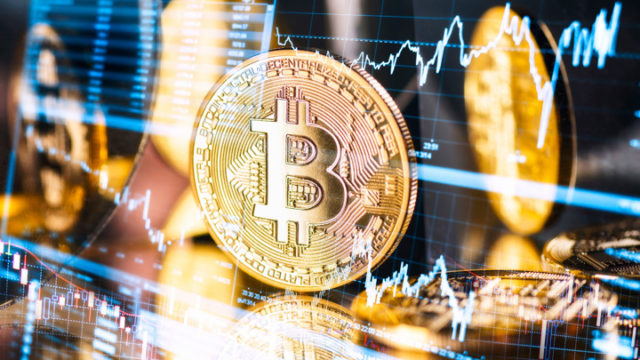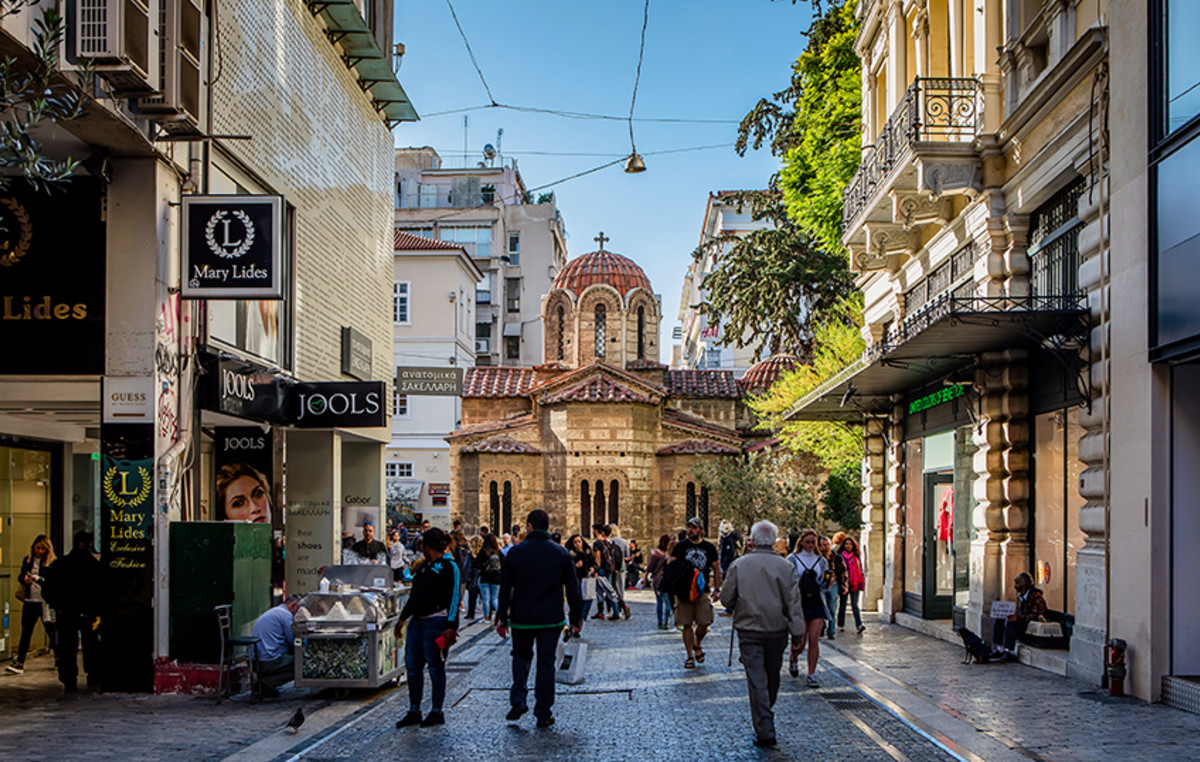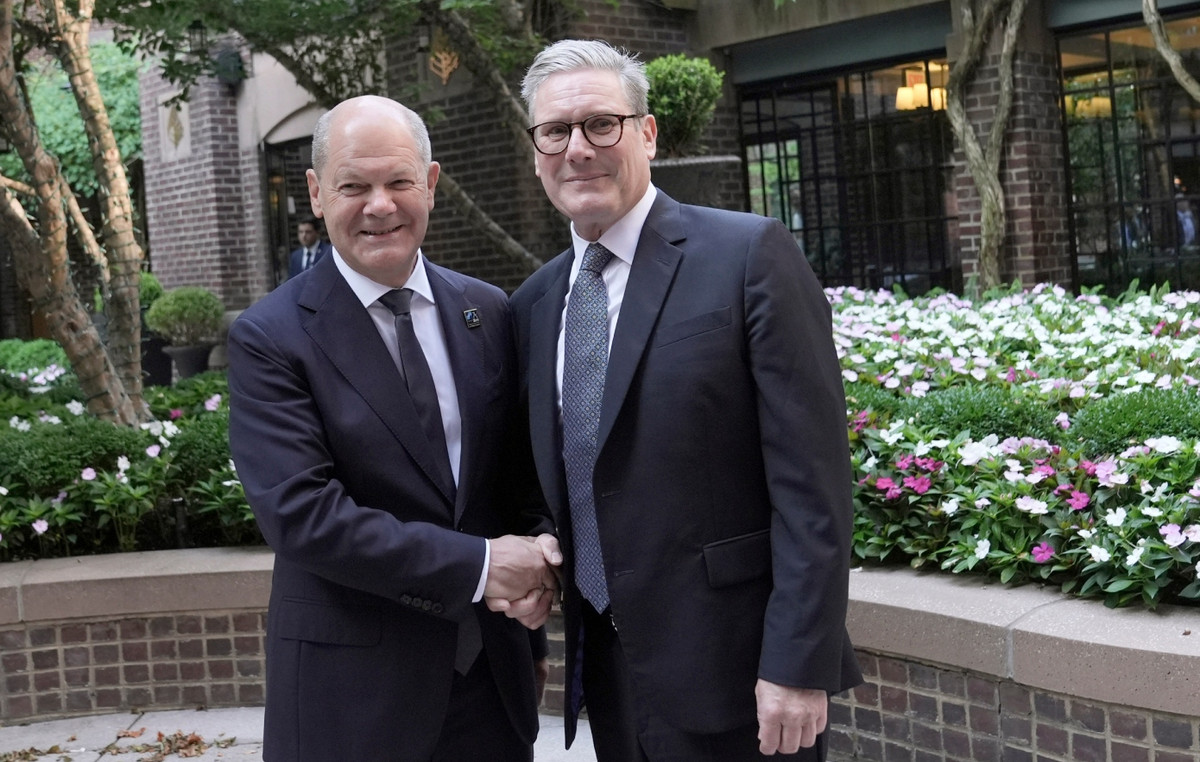Auxílio Brasil, a program for poor families that replaced Bolsa Família with a higher value, played an important role in supplementing the income of its beneficiaries.
But for experts consulted by the CNN Brasil Business, With inflation eating up the purchasing power of Brazilians and also a significant drop in the average wages of workers throughout the pandemic, the impulses that the R$400 benefit could give to consumption and the country’s economy ended up being limited.
That is why, despite the approximately R$40 billion additional to Bolsa Família that Auxílio Brasil will pour into the economy this year, no economist is very excited about GDP growth in 2021, and the bulk of forecasts barely reach 1 %.
“There is a very strong corrosive power of inflation, which is at 11% and with a higher rate than that for food, precisely the most essential and the biggest expense of low income”, says economist Jorge Jatobá, managing partner of Ceplan consultancy and former Secretary of Employment Policy at the Ministry of Labour.
“With that, the purchasing power of those R$ 400 drops. Of course, it is an injection of resources that helps the economy, but it has a limited impact”, he adds.
Calculations made by LCA Consultores estimate that Auxílio Brasil represents, this year, 2.2% of the country’s total income which is the sum of everything that all Brazilians receive in wages from work and also in benefits such as INSS payments, FGTS redemptions and PIS/Pasep salary bonus.
The Bolsa Família, which was extinguished last year, already represented about 1% of this mass of income. I.e, Auxílio Brasil, which took his place, added just over 1 percentage point to the total pool of money available for consumption in the country.
To give you an idea, it is less than the extraordinary withdrawal of R$ 1,000 that the government released from the FGTS this year, which, according to Imaizumi, represents 2% of this mass.
“Of course, it is a value that helps the families that receive it, but it is not what will make a change in GDP”, says the LCA analyst for the job market, Bruno Imaizumi.
Much smaller than Emergency Aid
This is a very different scenario from what happened with the first Emergency Aid, paid in the first year of the pandemic in amounts ranging from R$ 600 to R$ 1,200 per month and which reached up to 67 million people.
Bolsa Família reached 14 million families and Auxílio Brasil has now expanded this reach to 18 million.
The total bill for the first aid cost almost BRL 290 billion in 2020 alone – more than triple the BRL 89 billion total reserved for Auxílio Brasil this year.
The amount that more than offset the loss of income due to the sudden increase in unemployment that year and was what prevented the GDP from plummeting: the drop in the Brazilian economy in one of the worst years of global recession in history was 3.9%, after projections that, in the first month of the pandemic, spoke of a retreat of up to 10%.
“The macroeconomic and social impact of Auxílio Brasil has dropped a lot compared to what it was in 2020, when the situation was completely different,” said Jatobá, from Ceplan. “The value was much higher, the number of beneficiaries was much higher and inflation was very low, it was even negative.”
Salaries at lowest level in ten years
Also canceling out part of the effect that Auxílio Brasil could have on the economy is the fact that, on the other side of the balance, workers’ wages are dwindling, eaten up both by inflation and by the difficulty of re-entering the market with the same income as before.
As a result, even though the unemployment rate, today at 11.2%, has already returned to pre-pandemic levels, the average Brazilian salary is at the lowest levels in at least ten years, already considering the correction for inflation.
The salary mass, which considers all salaries in the country together, is still 4.4% lower than at the beginning of 2019, before the pandemic, according to figures from the Brazilian Institute of Geography and Statistics (IBGE).
That is, even if, at one end, there are 18 million families below the poverty line earning a substantial extra income with the R$ 400 of aid, at the other end there are all the other workers having to live with much less money than before. .
For the economy, consumption and retail as a whole, the losses of one group end up canceling out the gains of the other, and sales cannot take off.
“What really makes up the mass of income in Brazil is the income that comes from work, which represents 80% of the total”, said the LCA economist. “For us to have an effective recovery in income, this improvement would have to come from work.”
Brazil Aid
With an average benefit of BRL 400, Auxílio Brasil was created by the government of Jair Bolsonaro in 2021 and has been in effect since December last year.
The minimum amount of R$400, at first, was designed to be paid only during 2022, the year of the presidential elections in which Bolsonaro is running for reelection. After that, it would go back to the R$200 range.
Amendments made by Congress to the Provisional Measure that created the program made the value permanent. The Senate plenary approved on Wednesday (4) MP that establishes the minimum permanent amount of R$ 400 for Auxílio Brasil.
Its creation was only possible after a series of maneuvers, carried out through the PEC dos Precatórios, which changed Budget rules, relaxed the Spending Ceiling and postponed payments of debts scheduled for this year (the precatorios) in order to free up resources that could account for the increased value.
In total, BRL 89 billion were set aside in the 2022 Budget for Auxílio Brasil, a package that includes Bolsa Família and an additional BRL 40 billion for payments to reach BRL 400.
To be eligible for both Bolsa Família and, now, Auxílio Brasil, the family’s monthly income must be below the poverty line, of R$ 200 for each person in the household. It is the equivalent, for example, of a family of five people living on a total of R$1,000 per month.
Source: CNN Brasil
I am Sophia william, author of World Stock Market. I have a degree in journalism from the University of Missouri and I have worked as a reporter for several news websites. I have a passion for writing and informing people about the latest news and events happening in the world. I strive to be accurate and unbiased in my reporting, and I hope to provide readers with valuable information that they can use to make informed decisions.







